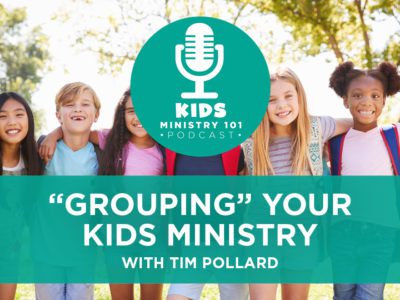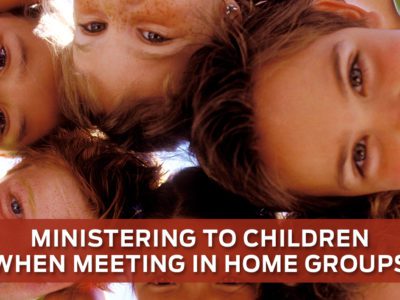Making the Most of Midweek
By Ravin McKelvy I have many fond memories of midweek youth group growing up. Memories of lively games, worship, Bible study, and small group …

By Ravin McKelvy I have many fond memories of midweek youth group growing up. Memories of lively games, worship, Bible study, and small group …

Summer programming at your church may look totally different from your traditional Bible study or kids church setting. Typical VBS programs and other …

Tim Pollard and Bill Emeott discuss how to group kids in both a small group and events environment for your kids ministry. Tim Pollard teaches 3rd-6th …

I have had a great opportunity to work in a variety of churches. Some churches were small, some churches were large, but no matter the size of the …

Looking for some fun gift ideas to show appreciation to your volunteers? We\’ve got your covered! Click below to download some fun ideas. …

Over the past few years more and more churches are encouraging small groups that meet somewhere other than the church facility. From the beginning …

We believe it’s essential to begin teaching Bible skills from a very young age. As kids learn the different divisions and structure of the Bible, they …

Sometimes I think one of the hardest parts of ministry is trying to connect the church to home. In recent years, The Gospel Project for Kids and …

As a teacher, you influence a baby’s life as you teach him each week. The Holy Spirit works through you to lay spiritual foundations of faith. Prayer …

What question does every parent ask their kids after Sunday School? “What did you learn today?” What’s every kid’s answer? “Umm. I don’t remember.” I …

Matthew 28:19-20 we all know as the Great Commission. God’s command in this is for us to go and make disciples. Have you ever thought about the kids …

In this week’s episode of the Lifeway Kids podcast, our lead kids ministry specialist, Bill Emeott, sits down to discuss the importance of …
